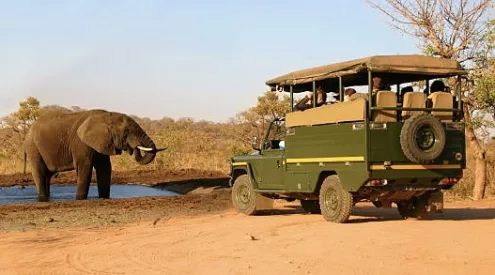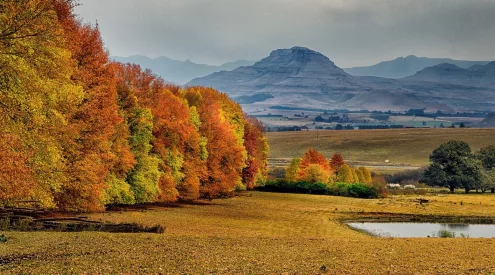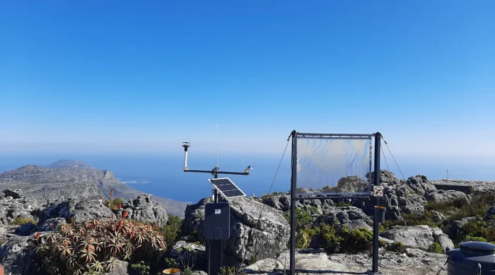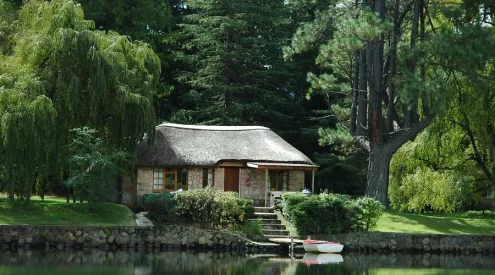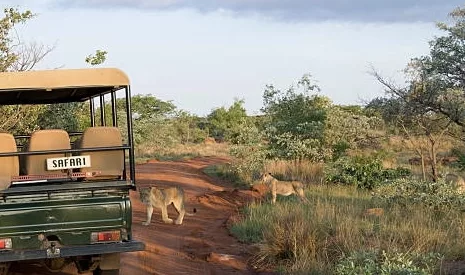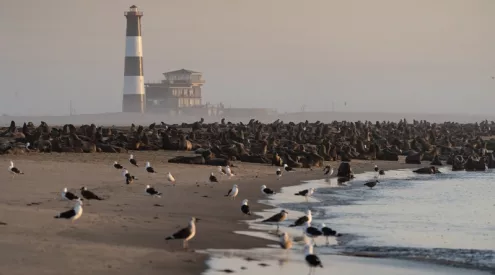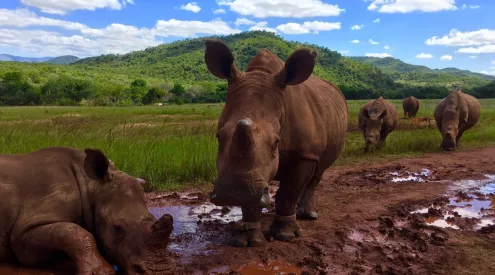Addressing environmental issues requires widespread political and public support. Social media can play a pivotal role in this.
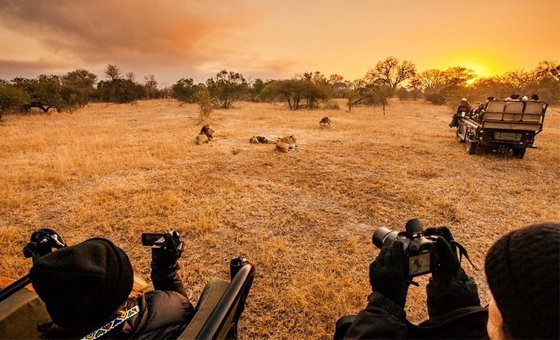
The amount of attention an issue gets on social media platforms can influence public perception of its importance and can often determine which environmental policies are funded and prioritised.
Niall Hammond, a PhD candidate in conservation science in Australia, coauthored a study examining the attention given to threats to elephant conservation on social media and found that the response given on Twitter did not align with the most pressing threats: habitat loss and human-elephant conflict.
‘If attention on social media is not aligned with the primary threats to elephants,’ Hammond argues, ‘funds may be misdirected towards issues and campaigns that don’t benefit wild elephants.’
Habitat loss made up only 1% of all tweets about elephants, with the study also highlighting a difference between people who lived in countries with elephants versus those who don’t. Only 27% of tweets were from people who lived in countries that had elephant populations.

The researchers worry that the lack of attention to habitat loss and human conflict may result in these issues not being prioritised.
When human-wildlife conflict is discussed, it was in response to elephants being killed and often portrays local communities as uncaring, blaming them for the conflict.
They allude to a previous study and African social media users, criticising Western users for putting the lives of wildlife ahead of African people.
There remains much potential in using social media to garner support for environmental issues but if people care about the wild, they need to advocate for them with communities that live alongside them and acknowledge local communities’ sovereignty in managing their natural resources sustainably.
Pictures: Getaway Gallery
Follow us on social media for more travel news, inspiration, and guides. You can also tag us to be featured.
TikTok | Instagram | Facebook | Twitter
ALSO READ: Man runs for the bush during elephant encounter in Hluhluwe


